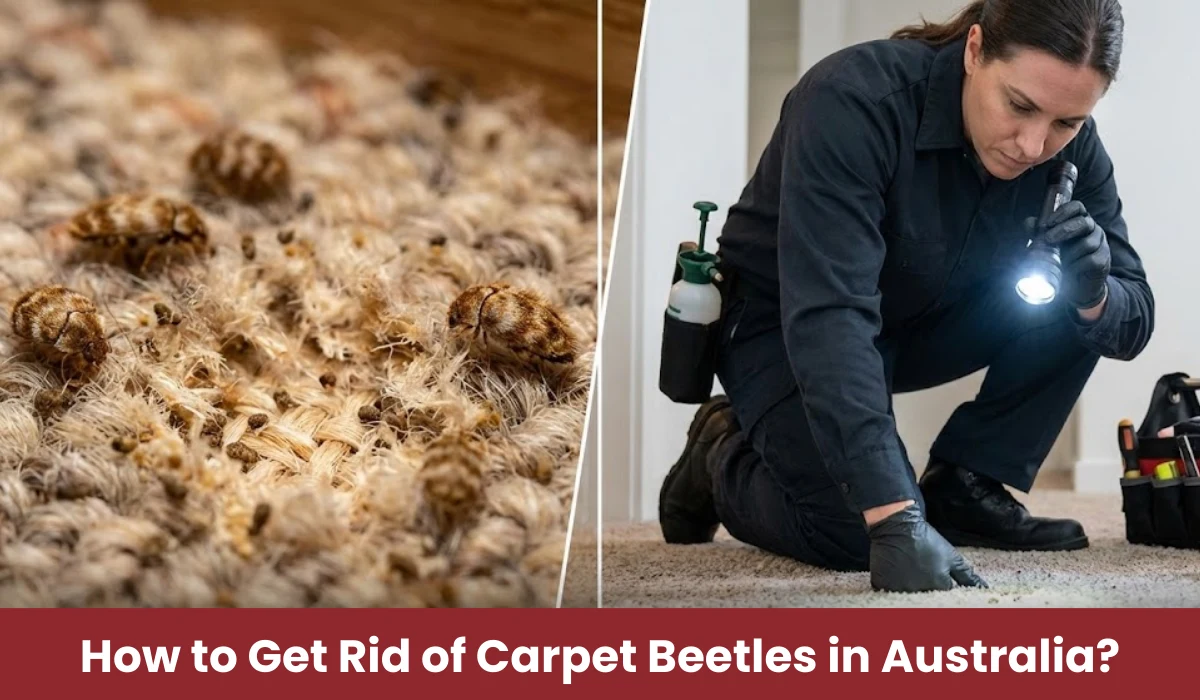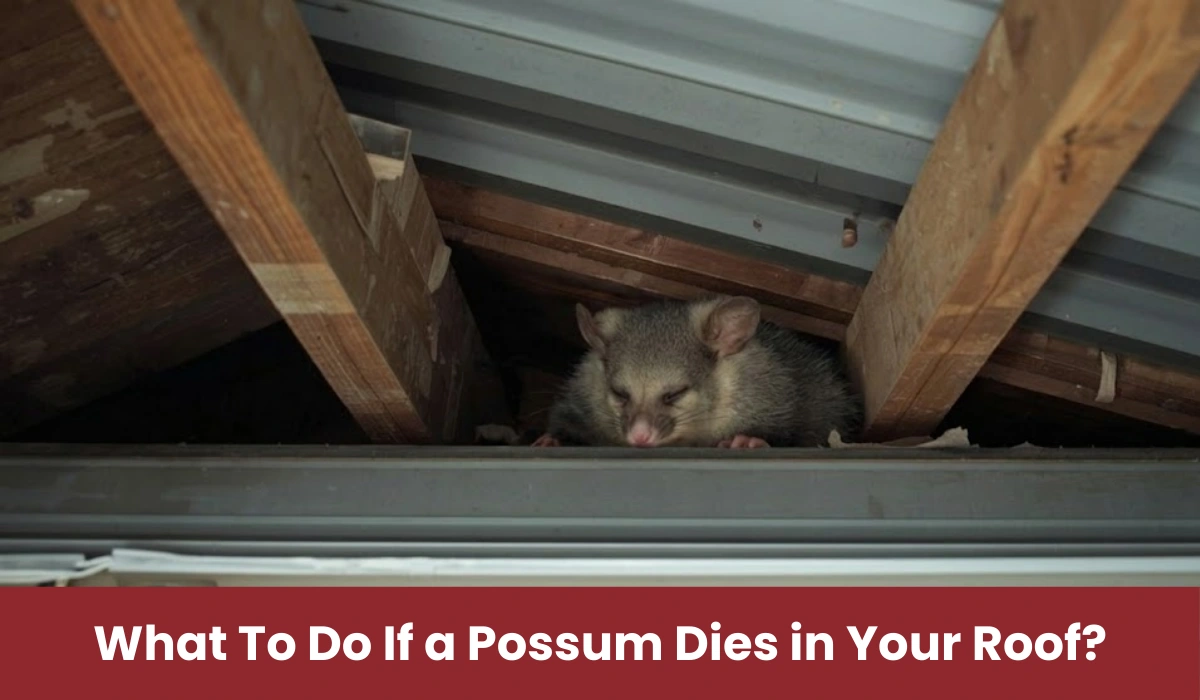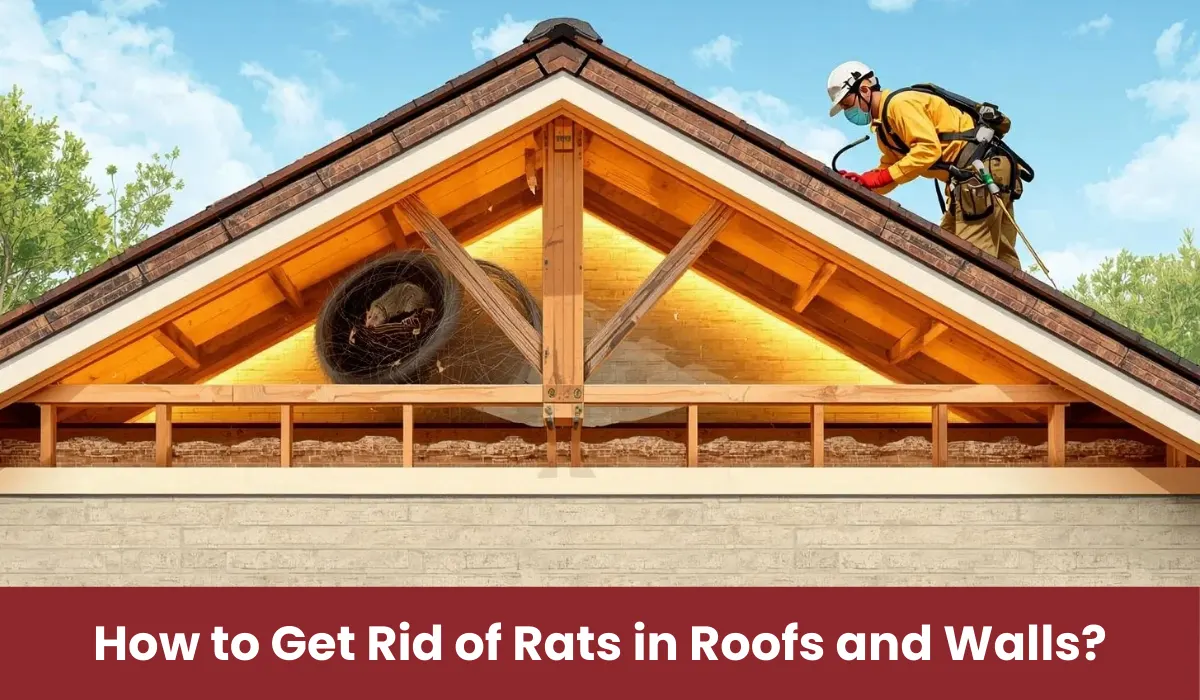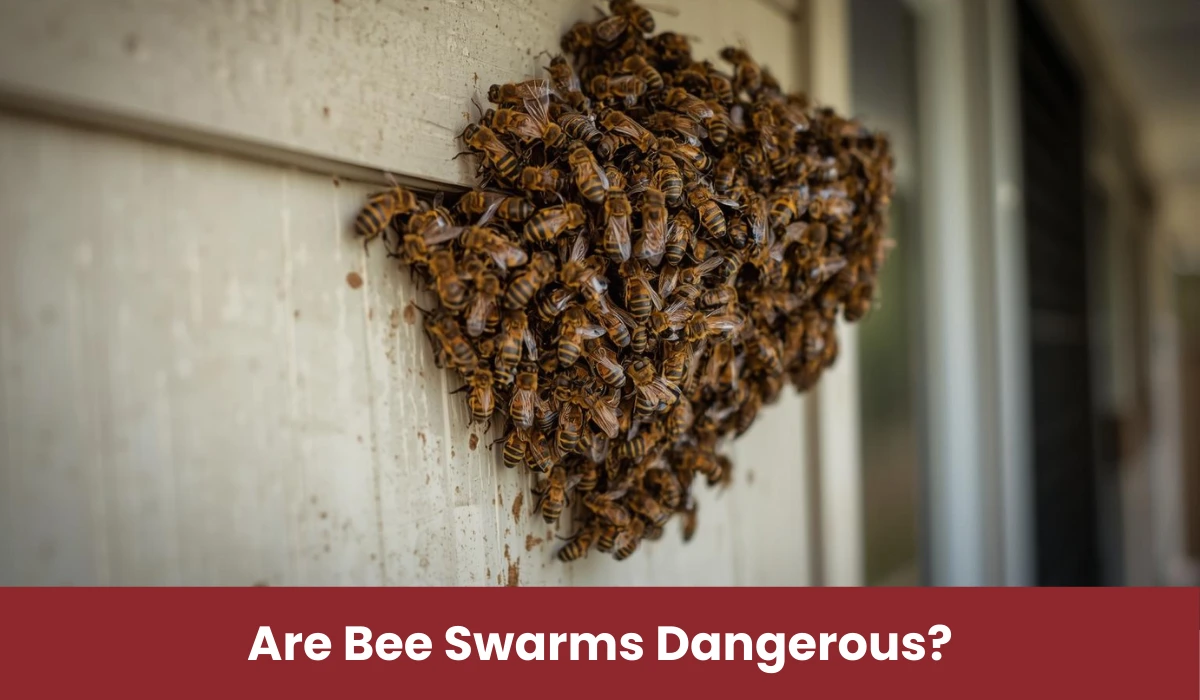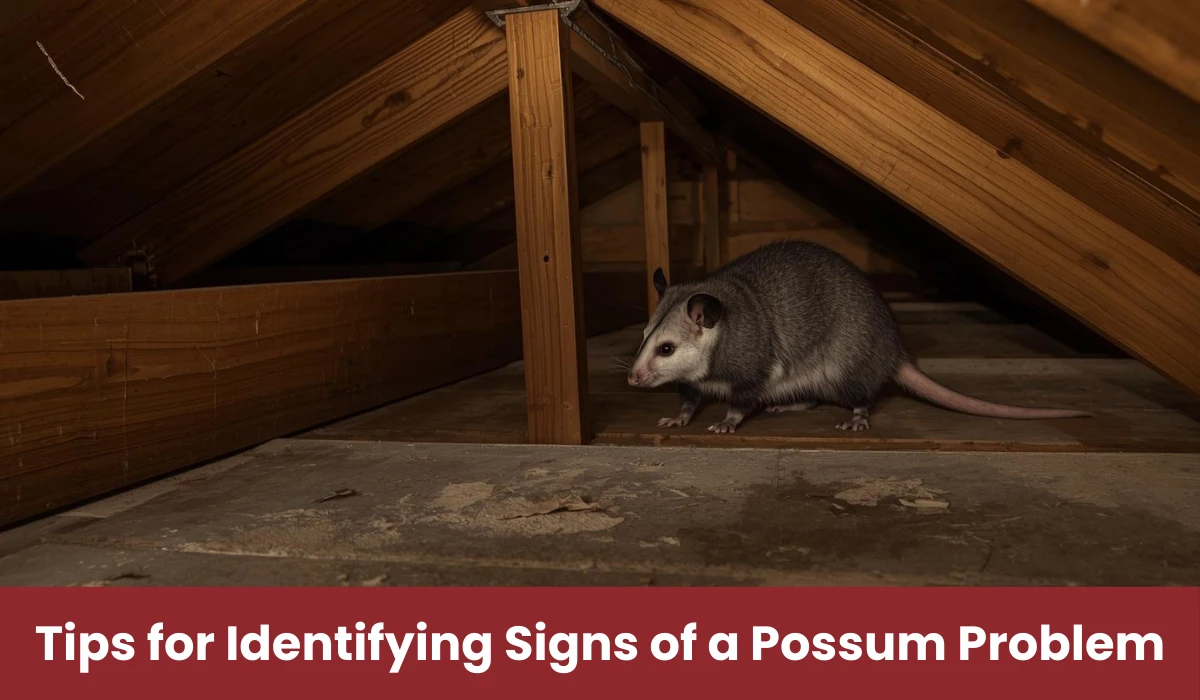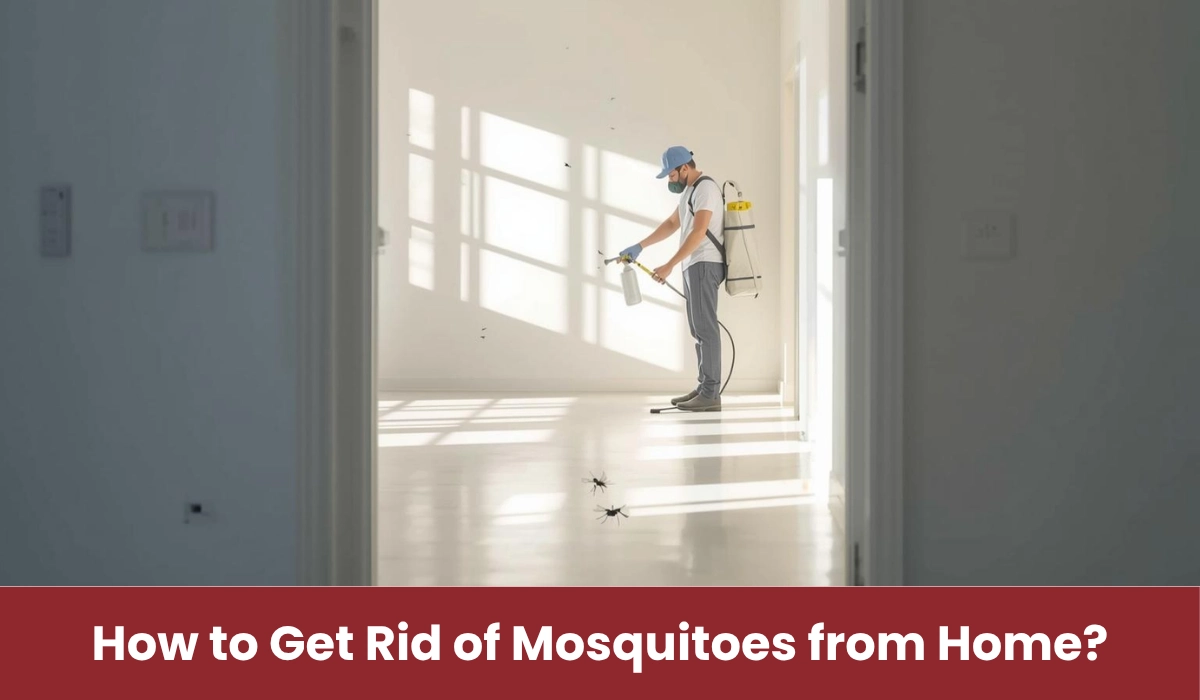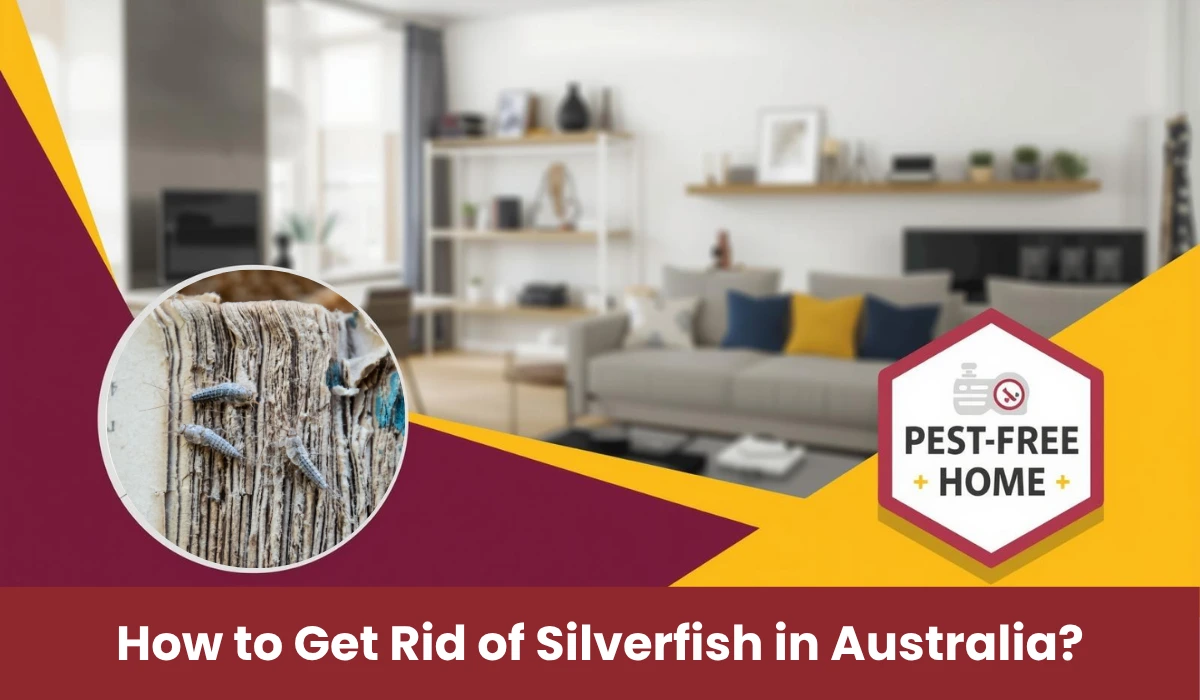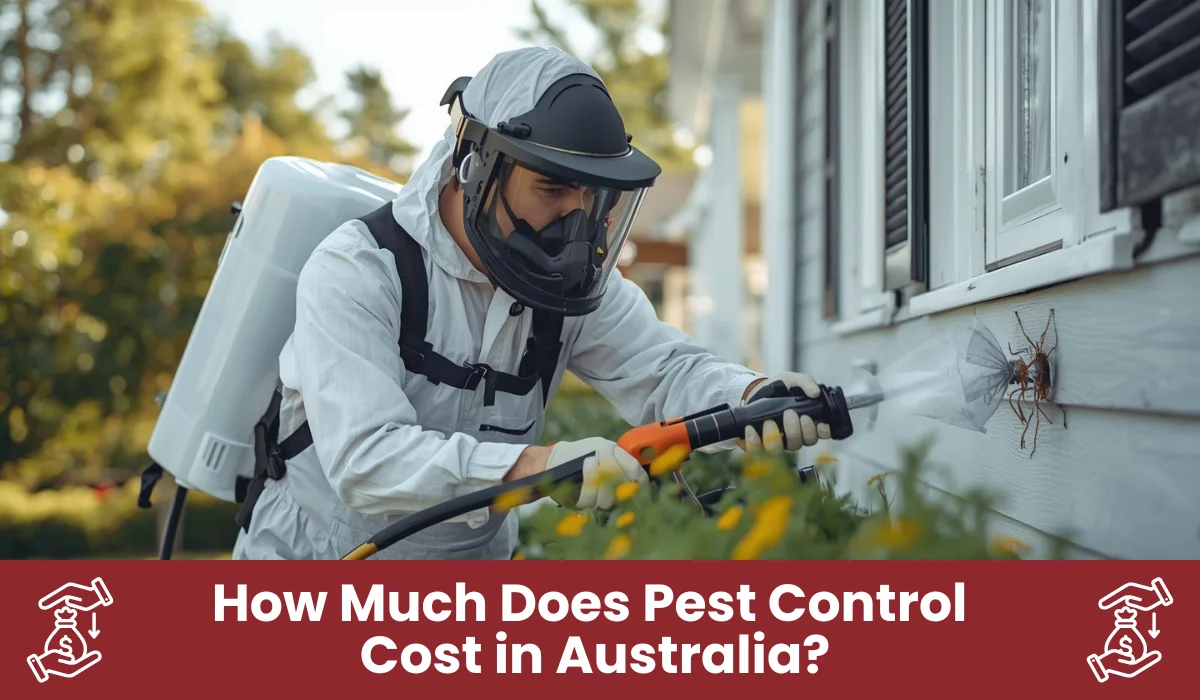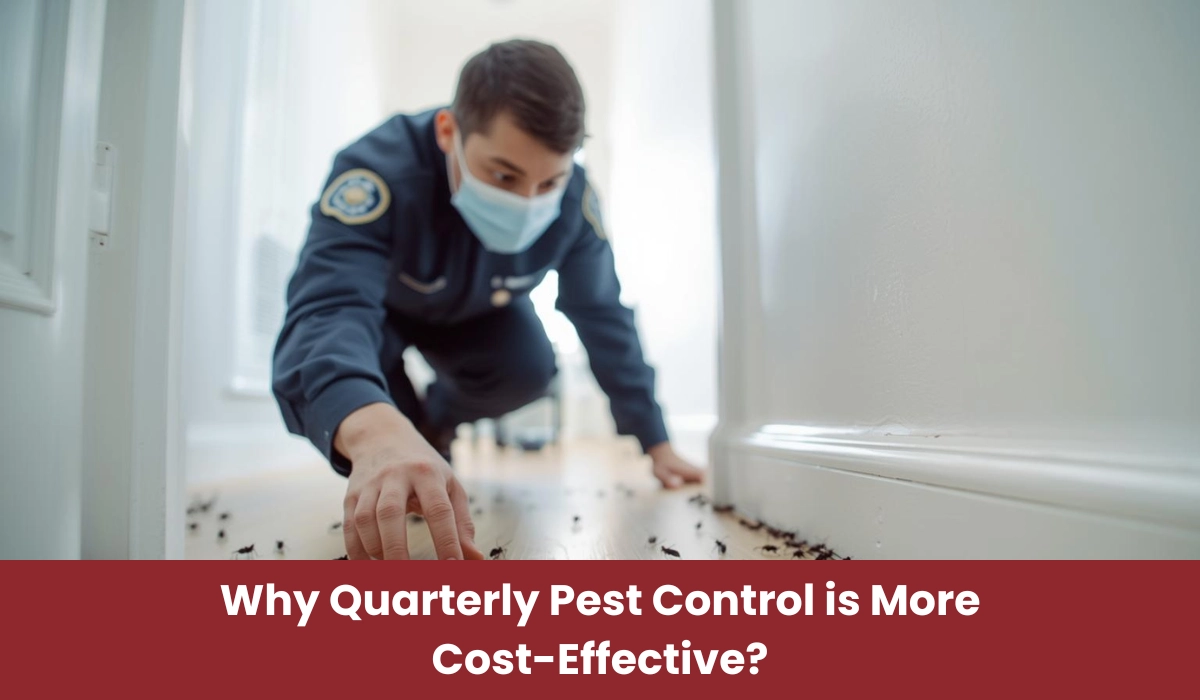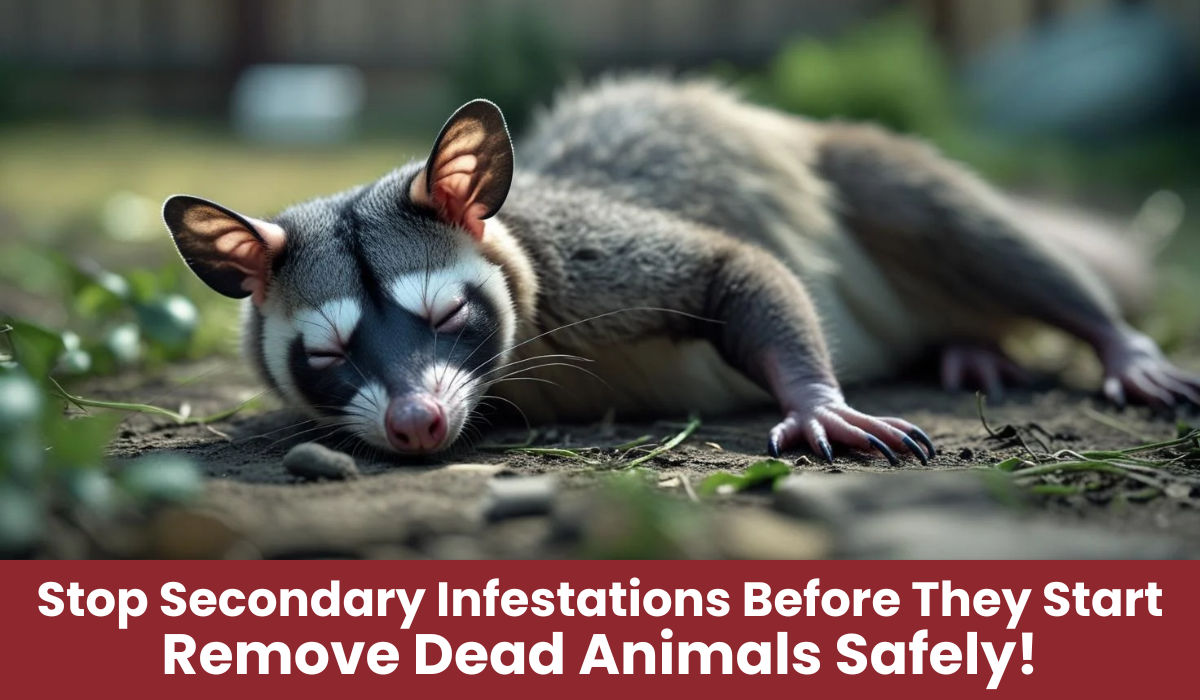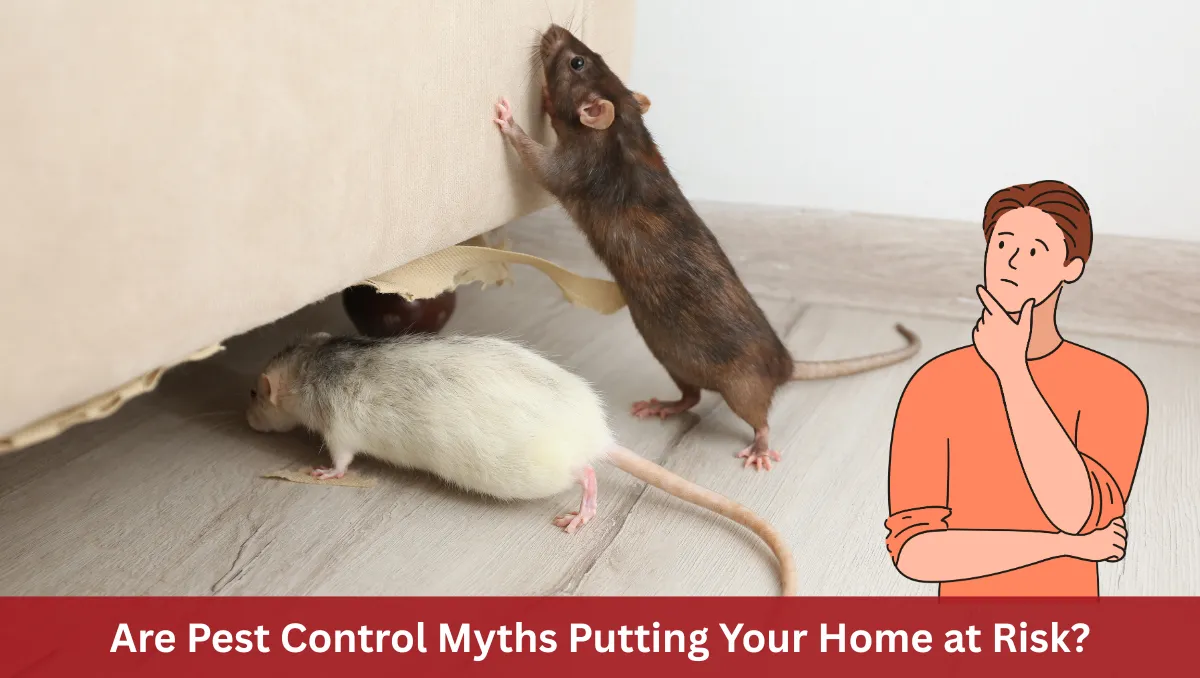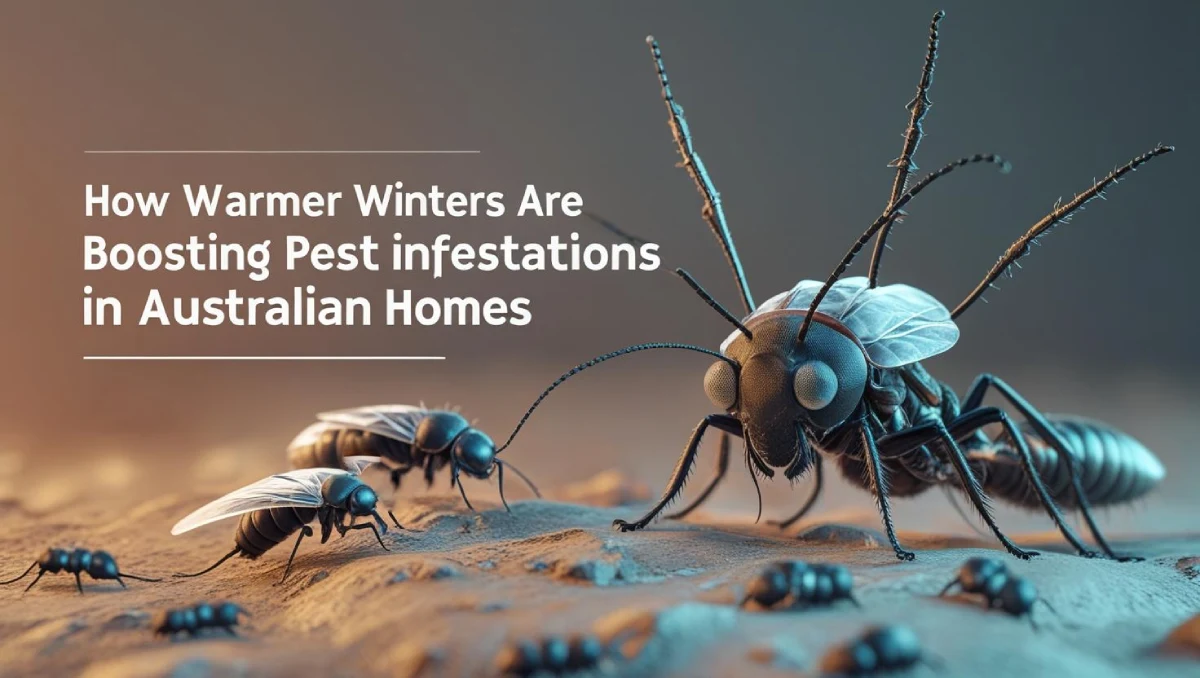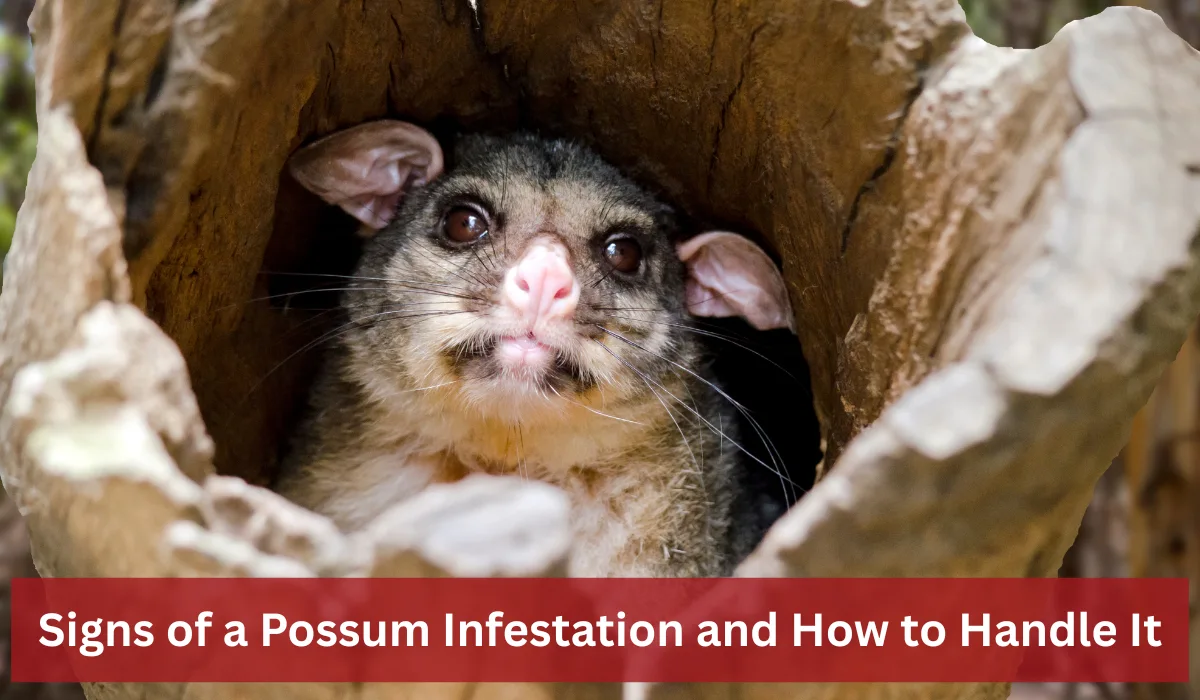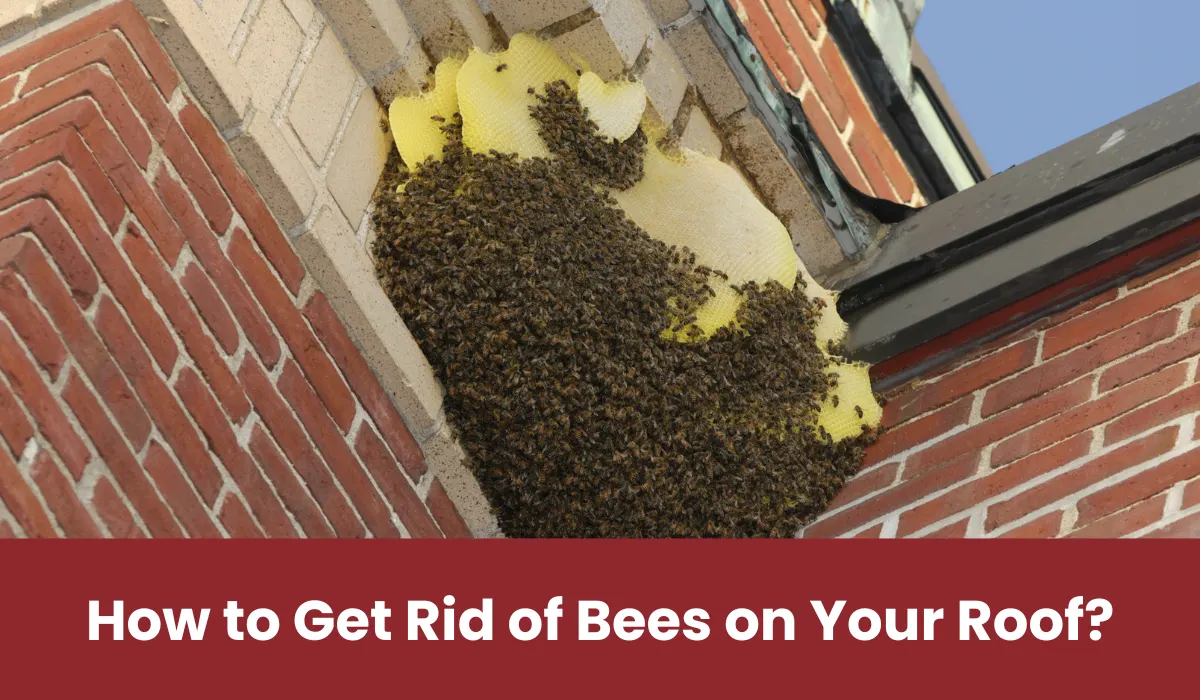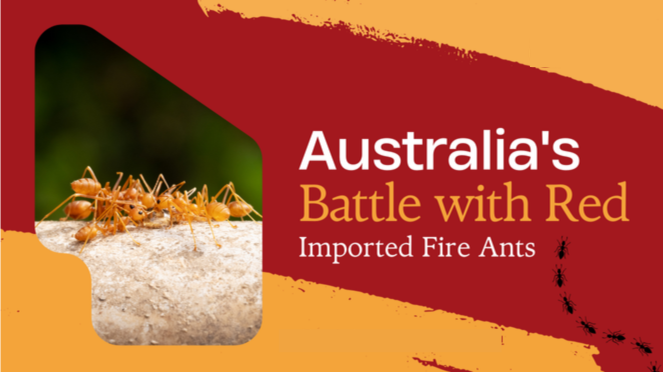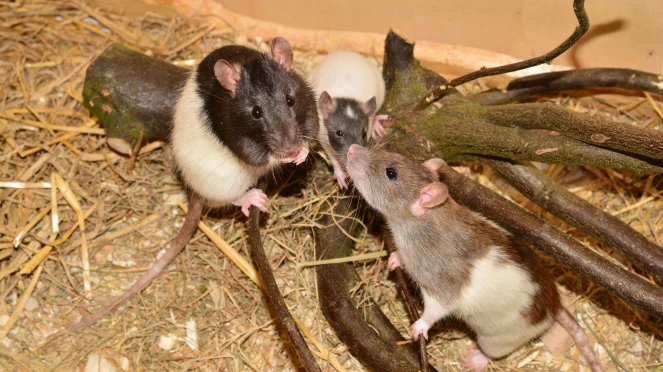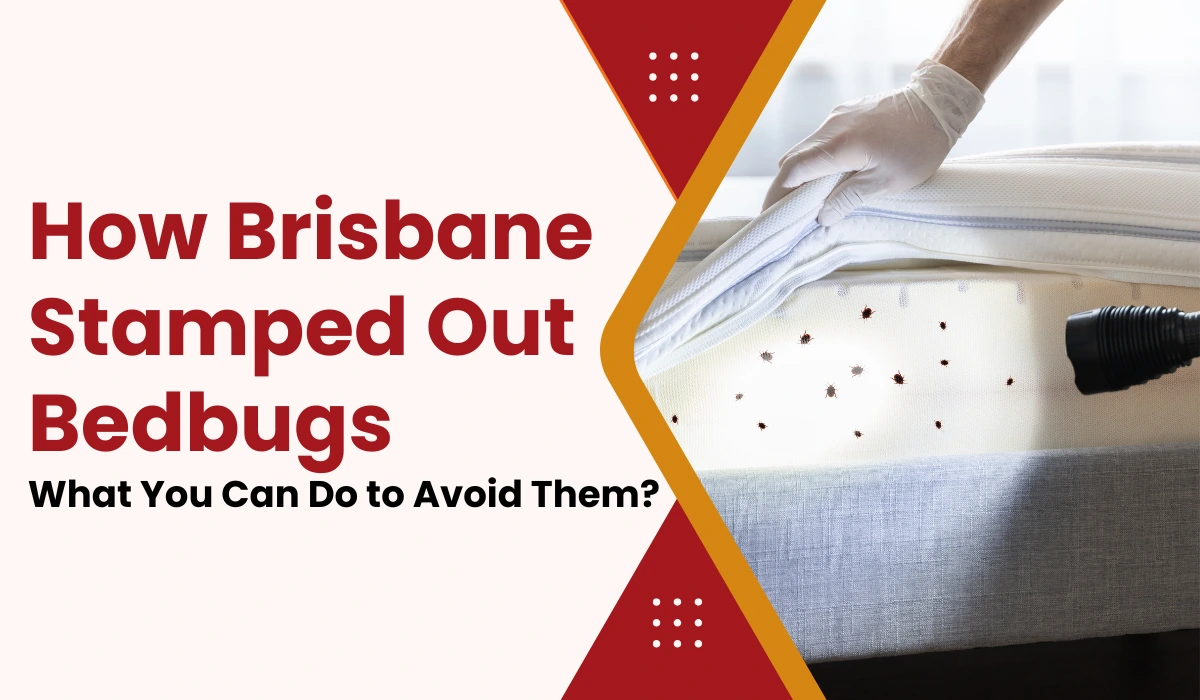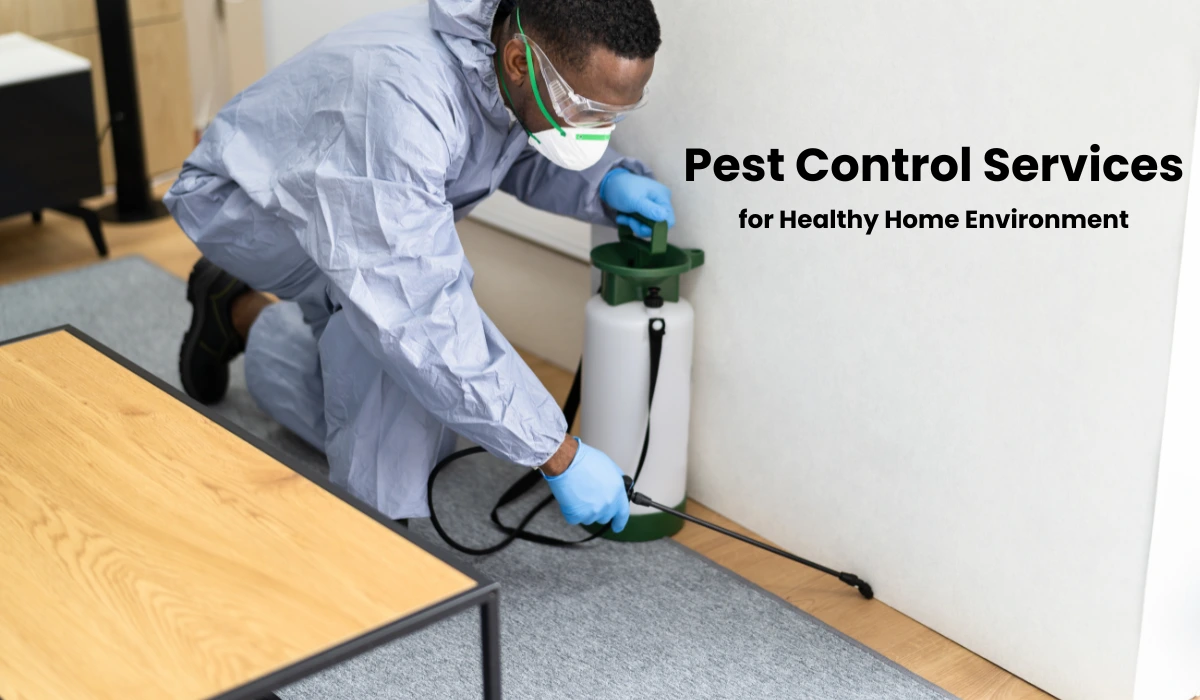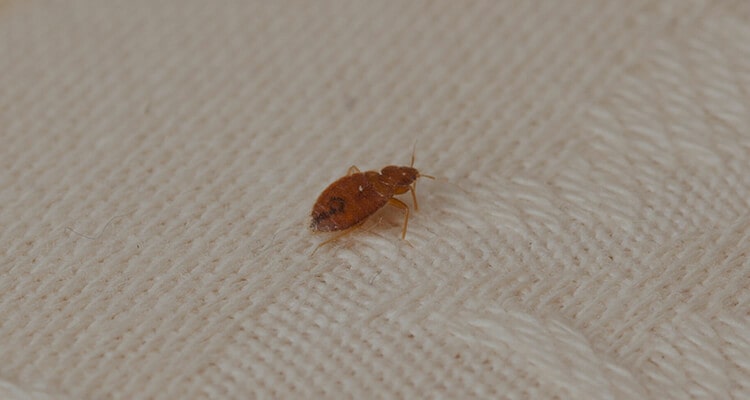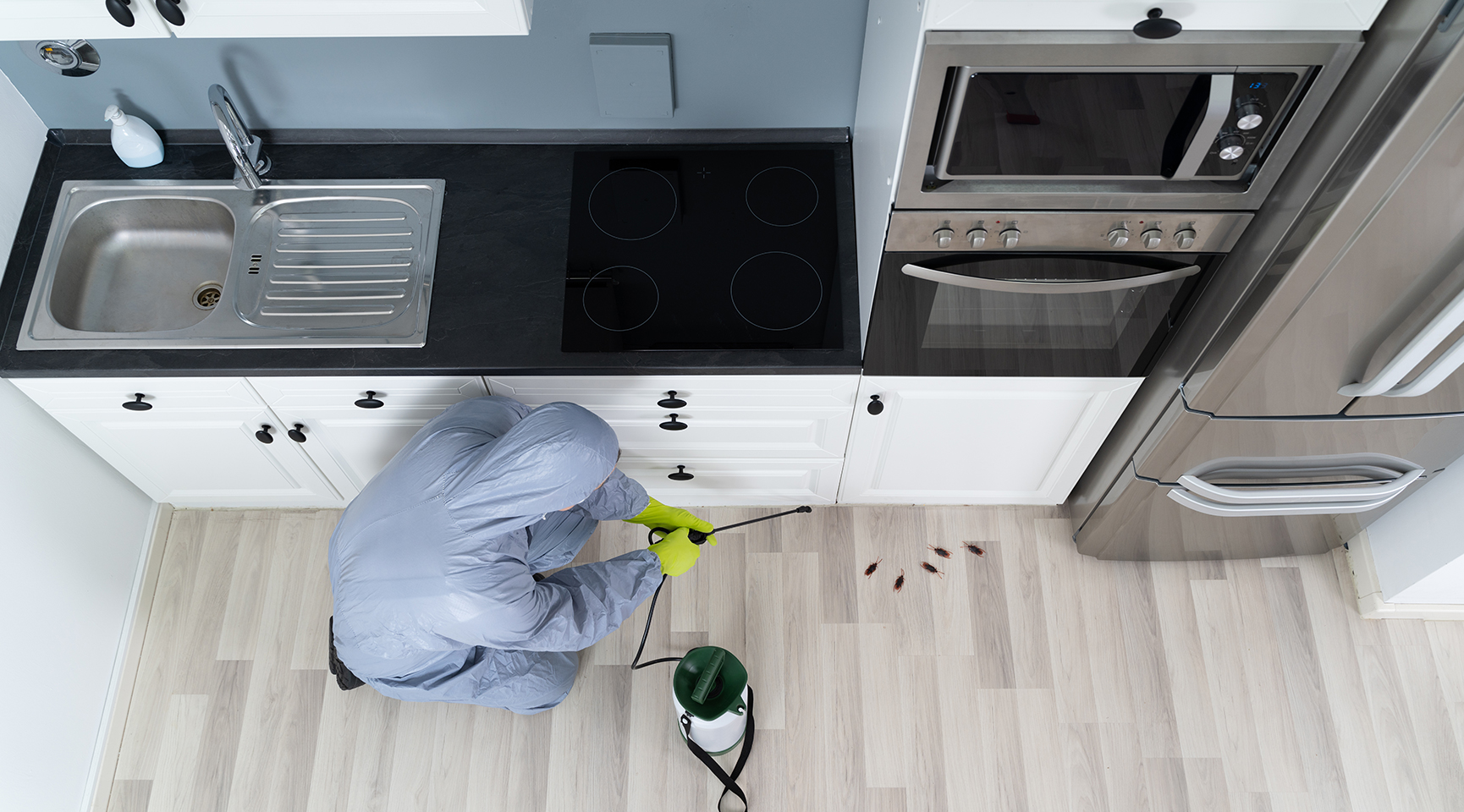When it comes to keeping pests out of our homes, most of us want solutions that work, but without harming the people, pets, or planet we care about. That’s where the idea of eco-friendly pest control arises. But here’s the real question: are these green methods actually effective? Or are they just feel-good alternatives that don’t get the job done?
Let’s break it down with real insights, practical tips, and a mix of expert-backed methods that go beyond what most websites are talking about.
What Are Eco-Friendly Pest Control Methods, Anyway?
To put it simply, eco-friendly pest control methods aim to manage pests using solutions that don’t harm the environment or your health. That includes plant-based sprays, traps, biological controls (like introducing predator insects), and natural repellents.
The biggest reason people are switching to green pest control Australia wide is that traditional chemical pesticides can linger in the air, soil, and surfaces for weeks, potentially affecting kids, pets, and even beneficial insects like bees and ladybugs. For more insights, see our guide on is pest control safe for pets and kids?
What’s Already Working in Aussie Homes?
Many homeowners across Australia are already seeing success with these natural pest control methods, particularly in dealing with common household pests such as ants, cockroaches, mosquitoes, flies, and aphids.
Here’s what’s actually working:
- Essential oils: Peppermint, eucalyptus, and tea tree oil sprayed around windows and doors help keep ants and spiders away.
- Diatomaceous Earth (DE): A powder that kills crawling bugs by drying them out, completely chemical-free pest control that works wonders indoors and out.
- Neem oil: A plant-derived oil that controls aphids, whiteflies, and mealybugs in the garden.
- Companion planting: Growing marigolds, mint, basil, or lavender near your veggies helps deter pests naturally.
- Traps & DIY solutions: Vinegar and dish soap traps for fruit flies, or sugar water bottles for wasps, offer simple results without toxins.
For more DIY vs professional comparisons, check out our blog: DIY vs Professional Pest Control – What’s More Effective?
Innovative Ways to Keep Pests Out
Eco methods go beyond sprays and oils. Here are a few under-the-radar techniques used in larger-scale or forward-thinking gardens:
- Sterile Insect Technique: This method, used in parts of South Australia, involves releasing sterilised pests (like male fruit flies) into the wild so they can’t breed. No reproduction means fewer pests without any chemicals.
- Soil Solarisation: A natural way to kill soil-borne pests and fungi by covering garden beds with clear plastic in the heat of summer. It literally bakes the pests away—no sprays needed.
- Biofumigation: Chopping and burying plants like mustard or brassicas releases natural gases that kill nematodes and other soil pests.
- Pheromone traps: These confuse pest insects by mimicking mating signals. It’s high-tech but grounded in nature.
These techniques fall under broader sustainable pest management strategies and are especially useful for gardeners, farmers, or eco-minded homeowners wanting a long-term plan. You can also explore how climate change affects pest behaviour and why eco-friendly solutions are becoming more important than ever.
The Upside of Going Green
Choosing environmentally safe pest control isn’t just good for the planet, there are real benefits for you, too:
- Low toxicity: Safer for your kids, pets, and anyone with allergies or sensitivities.
- No harm to beneficial insects: Bees, butterflies, and ladybugs thrive while pests are kept at bay.
- Better for soil and water: No toxic runoff polluting your garden or groundwater.
- Pests don’t develop resistance as easily as they do with synthetic pesticides.
- Peace of mind: Knowing your home is pest-free and safe for your family feels pretty great.
You’ll also likely save money over time, especially compared to emergency treatments. Learn why quarterly pest control is more cost-effective than relying on one-off chemical sprays.
And the Downsides (Just Being Honest)
As with anything, there are a few trade-offs to using organic pest control:
- It can take longer to work than harsh chemical sprays.
- Some methods need regular reapplication or ongoing maintenance.
- For big infestations (like termites or rats), eco methods might not be enough. You may need professional help.
Still, if you’re consistent and combine a few approaches, you’ll likely see great results. Signs of larger problems shouldn’t be ignored. Check out our blog on the 10 signs your home has a hidden pest infestation.
What About Kids and Pets?
This is one of the top concerns people have, and rightly so. Many synthetic pest sprays can linger on floors and surfaces long after they’re used, posing potential risks.
That’s why people are increasingly turning to pet-safe pest control solutions and safe pest treatment for kids and pets. Natural sprays (using clove oil, citronella, or vinegar), bait stations that keep toxins locked away, and physical barriers like mesh or caulk are smart, safe choices.
Just make sure to double-check labels. Even natural doesn’t always mean 100% safe if misused.
Everyday Tips to Keep Pests Out Naturally
Want to prevent pest problems before they start? These small actions make a big difference:
- Keep food sealed and surfaces clean. Crumbs attract ants and cockroaches.
- Take the bins out regularly and keep lids shut tight.
- Use fly screens and door sweeps to block entry points.
- Fix leaky taps. Moisture attracts silverfish, cockroaches, and mosquitoes.
- Add insect-repelling plants near entryways (basil, mint, citronella).
Avoiding common mistakes that invite pests is often the simplest way to stay pest-free.
Professional Help That’s Still Green
If you’ve got a full-blown infestation and DIY methods aren’t cutting it, don’t worry. Many Aussie pest companies now offer eco pest services that use low-toxicity or natural solutions along with expert guidance.
Just ask your local provider if they use integrated pest management (IPM) principles, which combine multiple safe methods for a long-term solution rather than a quick chemical spray. If you’re unsure whether you need experts, see our blog on the signs you need professional pest control.
So, Are Eco-Friendly Pest Control Methods Effective?
Yes, eco-friendly pest control methods do work when used properly and consistently. They’re ideal for everyday pest prevention, small infestations, and maintaining a safe home environment for your family and the surrounding area.
They may not offer the instant results of harsh chemical sprays, but they make up for it in safety, sustainability, and peace of mind. With more people in Australia embracing these methods and providers offering greener options, there’s never been a better time to make the switch.
If you’re ready for a safer, smarter solution, get in touch with the experts at True Pest Control. We specialise in environmentally conscious methods that deliver real results. Call us today on 0480 022 718 to book your eco-friendly pest inspection and treatment.




